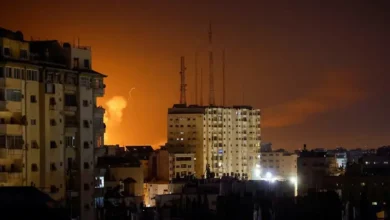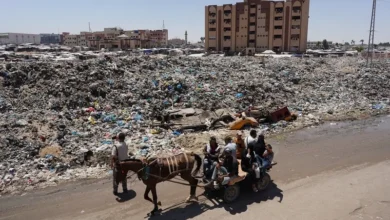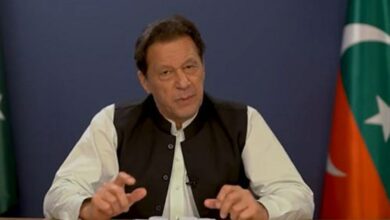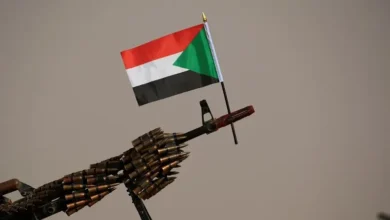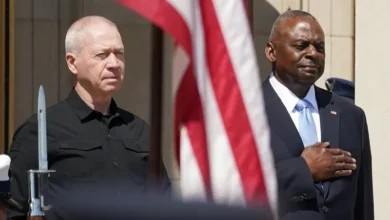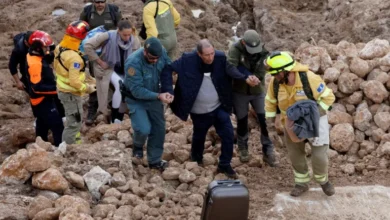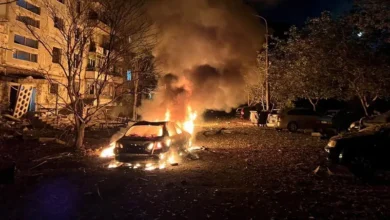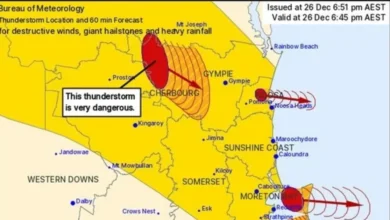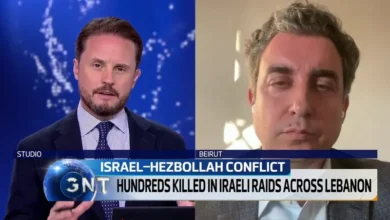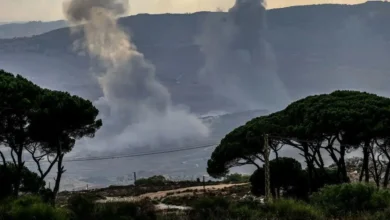What is behind Israel’s decision to attack Iran?
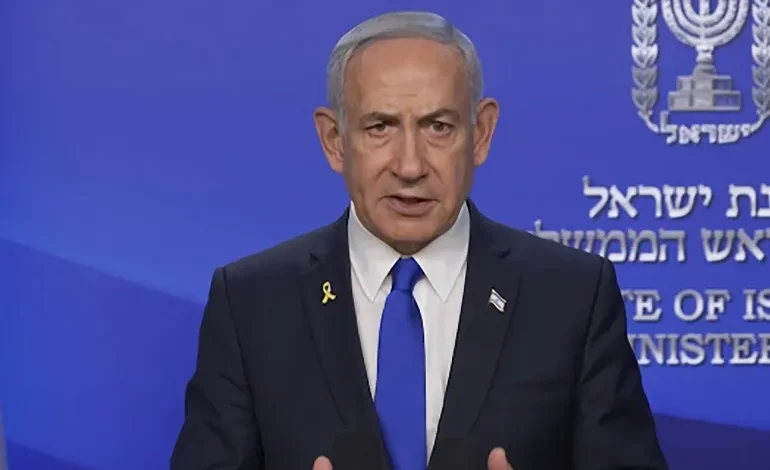
Israel has begun its long-signalled attacks on Iran with Prime Minister Benjamin Netanyahu saying they would continue “as long as necessary”.
The attacks, which began early on Friday, appear to have been carefully planned, hitting military and government targets and killing several senior military leaders – including the head of the Islamic Revolutionary Guard Corps (IRGC), Hossein Salami, and the chief of staff of the armed forces, Mohammad Bagheri. Prominent Iranian nuclear scientists are also among the dead.The strikes took place despite negotiations between Iran and Israel’s principal ally, the United States, over the future of Tehran’s nuclear programme, leading many to suspect that the threat of Israeli action was a coordinated ploy to bring additional pressure onto Iran.US support remains vital to Israel. As well as serving as the country’s principal armourer, Washington also acts as a permanent shield against criticism of Israel in the United Nations, frequently using its veto in the UN Security Council to halt any official censure of its ally despite allegations of Israel’s repeated breaches of international law.And an attack against Iran – a powerful regional force with allied groups across the Middle East – is ultimately a risky move for Israel, which is expecting an Iranian response, and the US, which has soldiers deployed across the region.
So, given the stakes, why would Israel attack Iran and why now? Here’s what we know:
Did Iran pose an imminent nuclear threat to Israel?
Israel’s military superiority in the Middle East comes not just through its conventional arsenal or the backing of the US, but from the advantage it has that no other country in the region does: nuclear weapons.
Israel is widely acknowledged to have nuclear weapons although it has never publicly admitted it.
An Iranian nuclear weapon would take away that advantage and is, therefore, a red line for Israel. For years, Israel – and particularly Netanyahu – has insisted that Iran is on the verge of acquiring nuclear weapons, even as Tehran has insisted that its nuclear programme is for peaceful purposes.
Justifying the Israeli attack, Netanyahu said Iran could have produced “a nuclear weapon in a very short time – it could be a year, or it could be a few months”. An unnamed Israeli military official was also quoted as saying Iran had “enough fission material for 15 nuclear bombs within days”.What is the non-Israeli assessment of Iran’s nuclear capabilities?
The International Atomic Energy Agency (IAEA) reported on Thursday that Iran had failed to uphold the obligations it had signed on to as part of the Nuclear Non-Proliferation Treaty, an accusation Iran quickly rejected.
The IAEA also noted what it believed was a long history of noncooperation between Iran and its inspectors. However, it didn’t say that Iran had developed nuclear weapons.
As part of a 2015 deal with the US, other Western countries, China and Russia, Iran agreed to limit its nuclear programme and allow the IAEA to regularly inspect its facilities in return for relief from the crippling sanctions that it was under.
However, in 2018, US President Donald Trump – then in his first presidential term – unilaterally withdrew from the deal and reimposed sanctions.
The US has, however, not found that Iran is on the verge of acquiring nuclear weapons or attempting to do so. In March, US Director of National Intelligence Tulsi Gabbard said the US “continues to assess that Iran is not building nuclear weapons and Supreme Leader Ayatollah Ali Khamenei has not authorised the nuclear weapons programme he suspended in 2003”.
